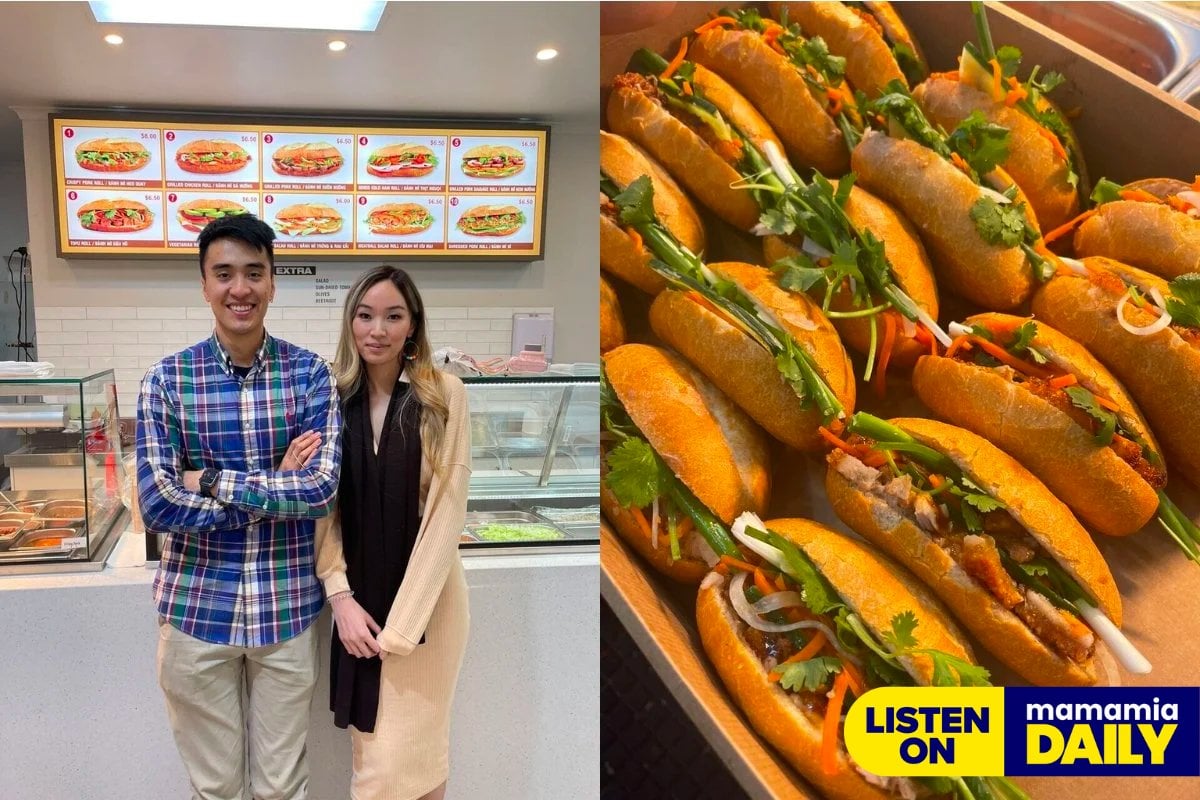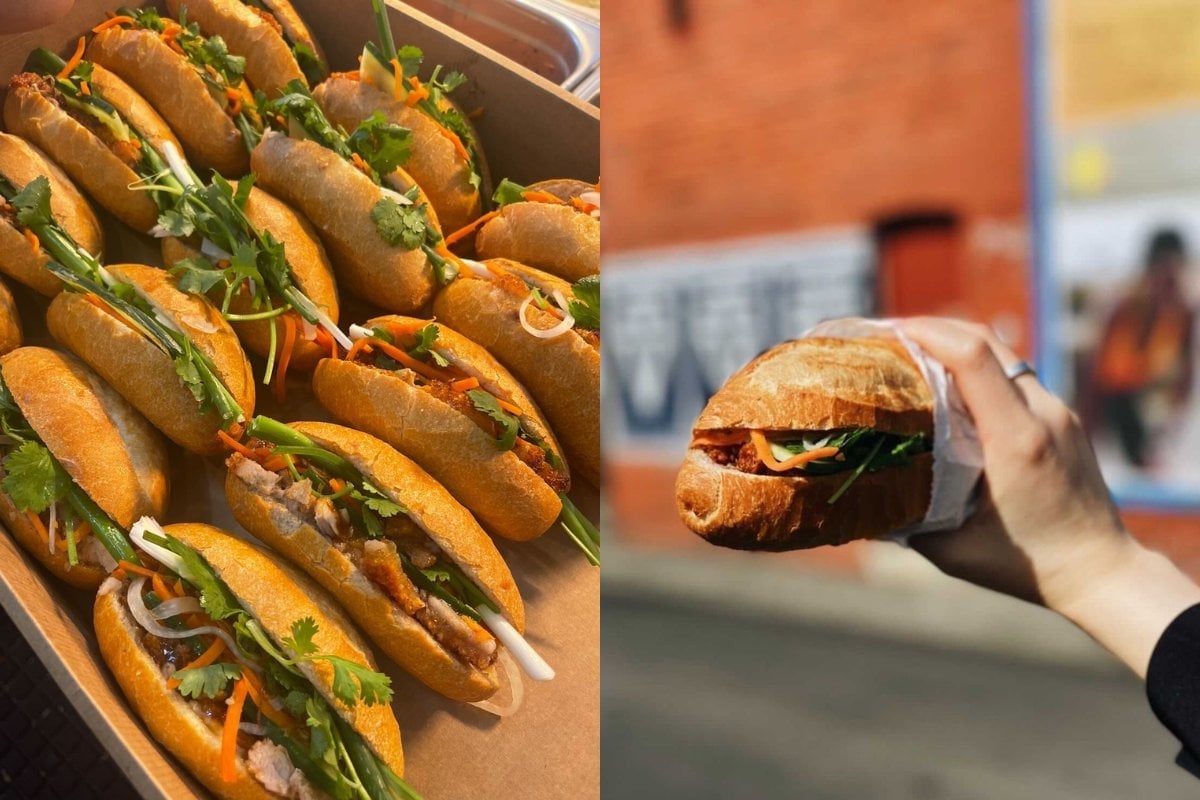
Listen to this story being read by Melody Teh, here.
Ever complained about paying $8 for a banh mi? What about $15 for pho or $20 for ramen? Or $30 for a butter chicken curry?
There seems to be this idea that good, authentic Asian food should be cheap. But have you blinked at shelling out $20 for a burger, $30 for a plate of pasta or even $60 for a steak?
Probably not right? I wish people would understand and appreciate the labour and love that goes into creating Asian dishes. These dishes are more complex to make than most people realise and take hours to bring the richness of the flavours to life.
Let's take, for example, the glorious, crowd favourite - banh mi. Depending on your filling of choice, the Vietnamese roll can often range from $6 to $10. The number of times I've heard people complain about these prices, often comparing it to how it used to be only a couple of dollars or even how much it costs in Vietnam itself! (Of course you can get it for less than $2 in Vietnam, but we're not in Vietnam!) Then there's the other side, where I hear people bragging about getting their hands on a $5 banh mi.
Natalie, the general and duty manager of her parents' bakery in Melbourne, says people often make snarky comments about the price of an $8 banh mi - which is made fresh for you every single time - but seem to have no issue paying $15+ for a pre-made wrap.
We need to respect the food. And we also need to respect the people behind the food, who work tirelessly and passionately to put it in front of us.


Top Comments